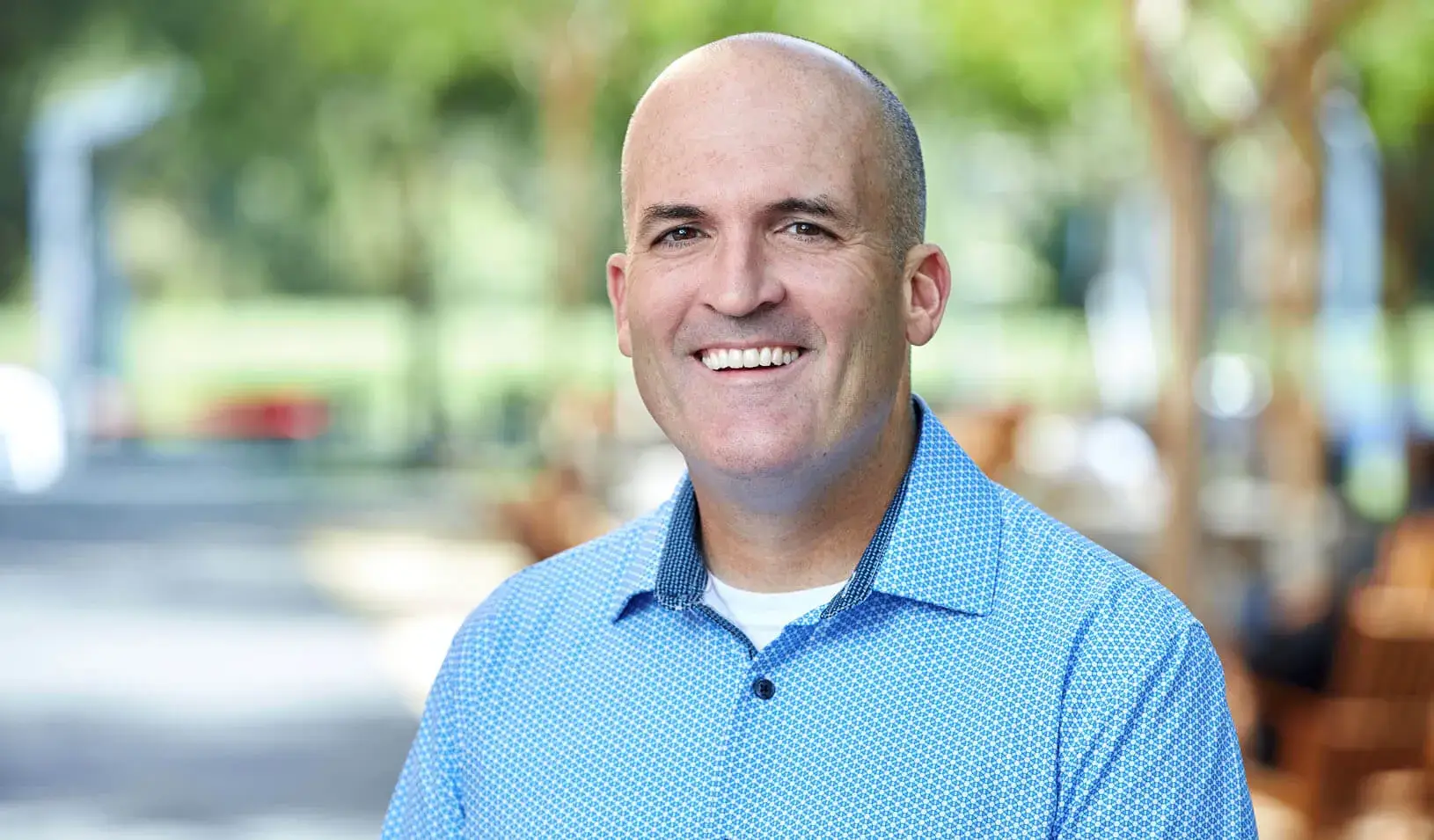Getting to Know Francis “Frank” Flynn
Seeing how individual leaders can make a difference — positive or negative — motivates this professor to help executives achieve better outcomes for themselves, their teams, and their organizations.
March 06, 2023

Voracious. That’s one of the first words that comes to mind when you get to know Frank Flynn. Whether it’s reading, teaching, researching, or hiking the Tahoe Rim Trail (he’s working on completing the full 171-mile trail), Frank aspires to master the things he loves. He believes that if you put in enough time and effort you can become really good at almost anything. Including something you fear.
The Introverted Public Speaker
Given that Frank spends a lot of his time in front of a classroom full of program participants, it may surprise some to know that he’s a self-described introvert. It’s true. In fact, public speaking did not come easily. As student body president in college, his first speech was an epic fail. Embarrassed, he decided to get better at it. He joined Toastmasters, took improv classes, read books on the subject, and practiced diligently. Now he feels at ease when speaking in public — good thing given his profession — and even coaches others on how to improve. His best advice to those looking to improve; “Record yourself and watch the video with someone else. You’ll both see different things. And the tape doesn’t lie.”
How to Be Perfect
That’s the title of the book Frank Flynn is recommending to his friends, PhD students, and executives these days. Written by Michael Schur, it’s a funny and thought-provoking exploration of moral philosophy. Frank loves the book because it takes big, complicated concepts and makes them simple and engaging, which is exactly what he strives for in his teaching.
The Three E’s
Engagement. Evidence. Examples. Frank honed this tripartite teaching method in his early days as an instructor, and he still believes in its efficacy. He designs and prepares every program session down to the minute to maximize the learning. Each session starts with an experience, an interactive simulation, demonstration, role play, or reflection exercise to engage and motivate the participants. Evidence comes next: sharing the best information on how to do things in an optimized way. Examples from different people, places, or contexts come last to help participants apply and implement what they learn in their own companies. Many of those examples come directly from past participants who follow up with Frank after their time in one of his sessions to share real-world applications of concepts they learned. “It’s super motivating for executives to see what former participants have done with the session material and honestly it’s the most rewarding part of teaching for me.”
Taking Control of Your Destiny
In high school, Frank took a test that said he should pursue engineering as a college major. He followed this direction…but that turned out to be a mistake. Engineering seemed like a poor fit. “I literally just chose a major because of some random test that a guidance counselor gave me, and I swore to myself I would make my own decisions from then on.” He changed his major to Finance (which he loved) and then after graduating chose the uncommon path of working as a caseworker in a homeless center in Oakland, CA. He still believes that was the toughest job he ever had. But that experience led to research jobs at U.C. Berkeley, where he met lots of Organizational Behavior faculty, and the rest, as they say, is PhD history. After six years at Columbia Business School, he moved to Stanford GSB in 2006.
Good Intentions Don’t Always Produce Great Outcomes
Frank’s own work experiences made him curious about the ways in which management in organizations can, at times, be broken, and those questions continue to influence his research. “I’m interested in why and how people could want the best outcome, and yet not get there, and it’s not because of any lack of motivation or even a lack of confidence and resources. It’s some kind of psychological barrier that they just can’t get past. And so a lot of my research looks at why we can’t achieve healthy patterns of cooperation, even though everybody wants that to work.”


